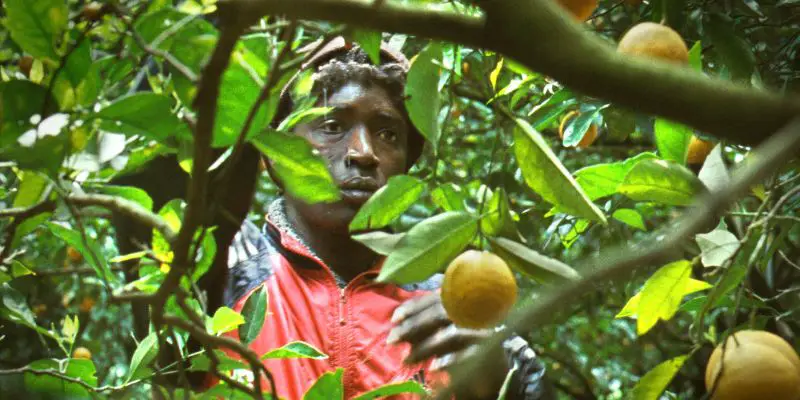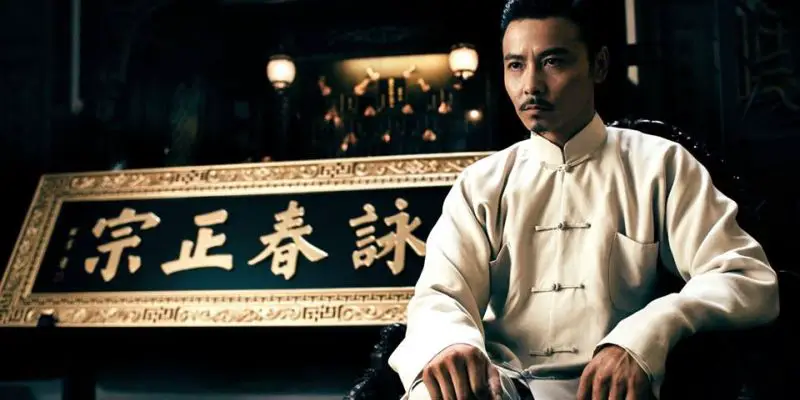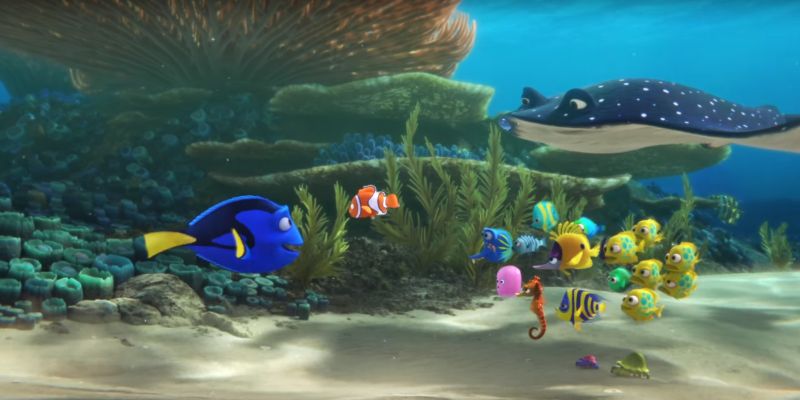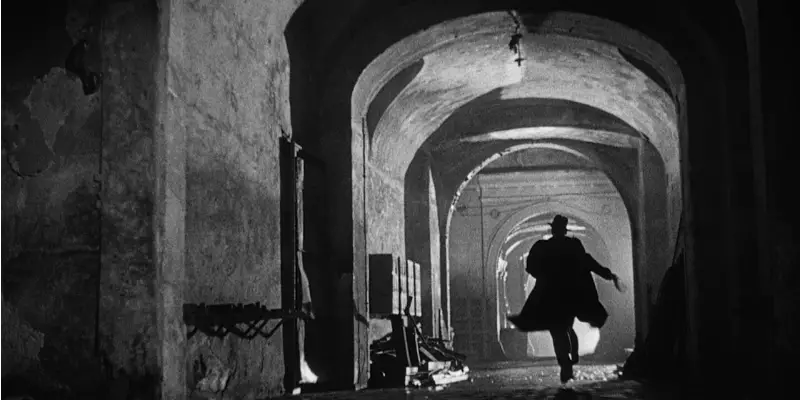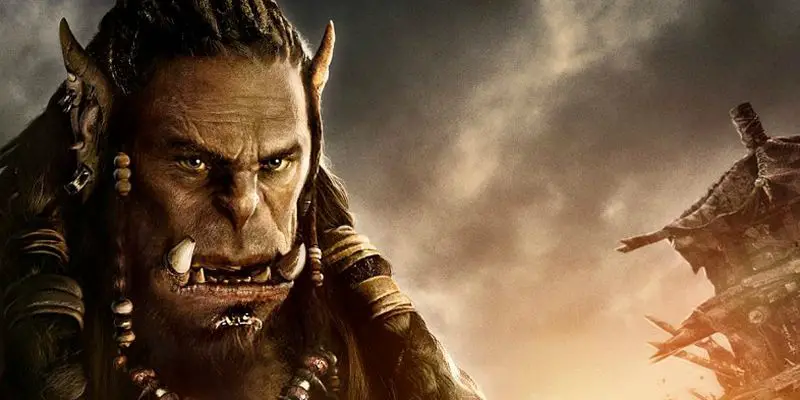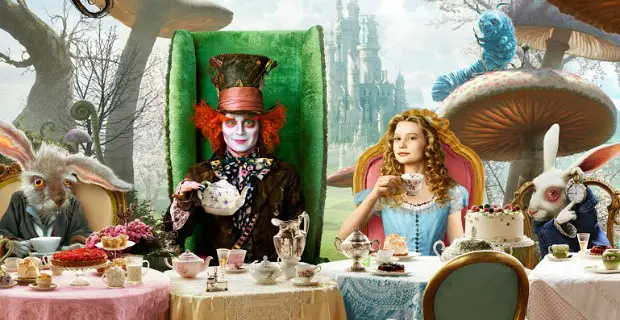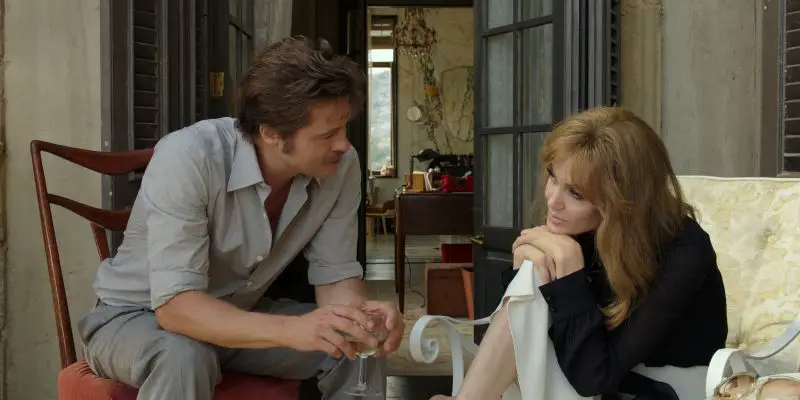
Many filmmakers have made movies about the Holocaust, yet so few are able to portray the atrocities without either becoming exploitative by staging fictionalised versions of some of the worst scenes in recorded history, or by sanitising the events in order to ensure that audiences aren’t left shocked and devastated. Austrian director Michael Haneke has frequently gone on record to claim that the idea of making a film about the holocaust is “unspeakable”, criticising the way a movie like Schindler’s List emotionally manipulates the audience when the subject matter alone should leave every sane person feeling depressed that something like this happened in recent history. Haneke argues that Steven Spielberg staging a sequence where concentration camp prisoners are marched to the shower and then building suspense from whether or not water will come out of the shower heads is the most offensive kind of exploitation; it trivialises a shocking moment of history in order to create nothing more than an action set piece.
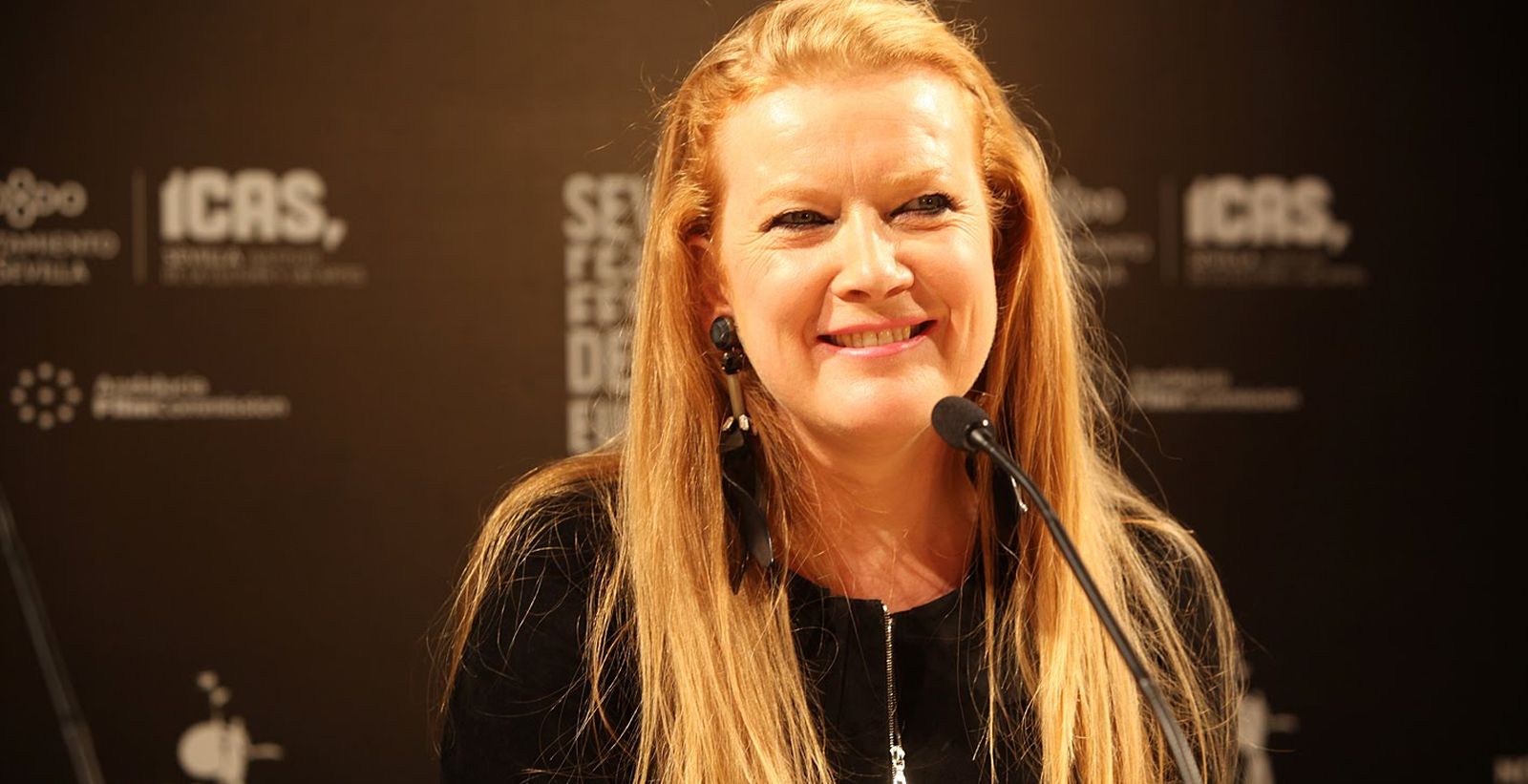
There aren’t many people who can claim that the woman they watched larking about on children’s morning television when they were a toddler also became of one of their favourite film directors as an adult. But that’s exactly what Andrea Arnold turned out to be, for me. For those of you who have never heard of her I can guarantee that you’ll be impressed.
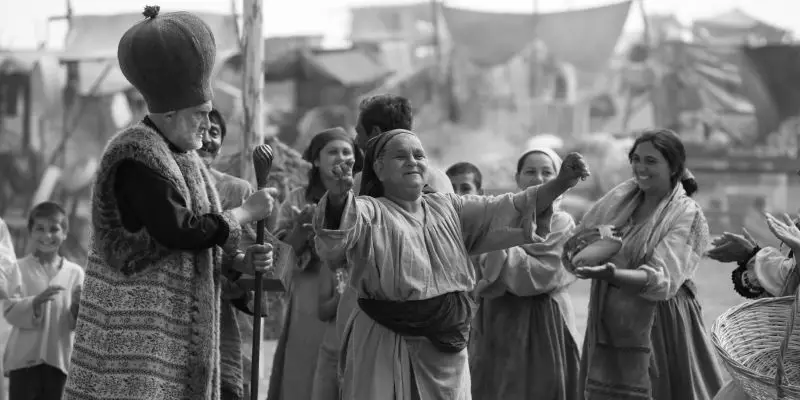
There are two thoughts that go through your head when you hear about a Romanian film which won the Silver Bear for its director Radu June (at the 2015 Berlin Film Festival), and which has been earmarked as the country’s entry into the Foreign Film category at this year’s Oscars. The first is that this must be a very good film indeed. The other is that this is the sort of film that groups of people gather around and agree is an artistic and important film, but ultimately it’s not very entertaining.

One of the internet’s favorite pastimes is letting people know why the things they love are actually terrible. It can be frustrating sometimes, being the only one in the world to know the true value of a film when it seems like the whole world has had the wool pulled over their eyes. In this edition of Staff Inquiry, the FI team joins in on the fun as we get our full troll on.

As bubbles fill the air surrounding world famous Red Square, and a young girl is seen relishing in their creation, one is likely to be filled with memories of their own bubble-oriented experiences of a normal, fondly recalled childhood, and imprint said associations onto the scene before them. They would then immediately be rebuked for their premature assumptions, as we travel back with the child to her home, and it is revealed not to be a house, apartment, or even a tent on the street, but a shack built in the heart of a garbage dump. “I’m alive, I cant simply die and go away.
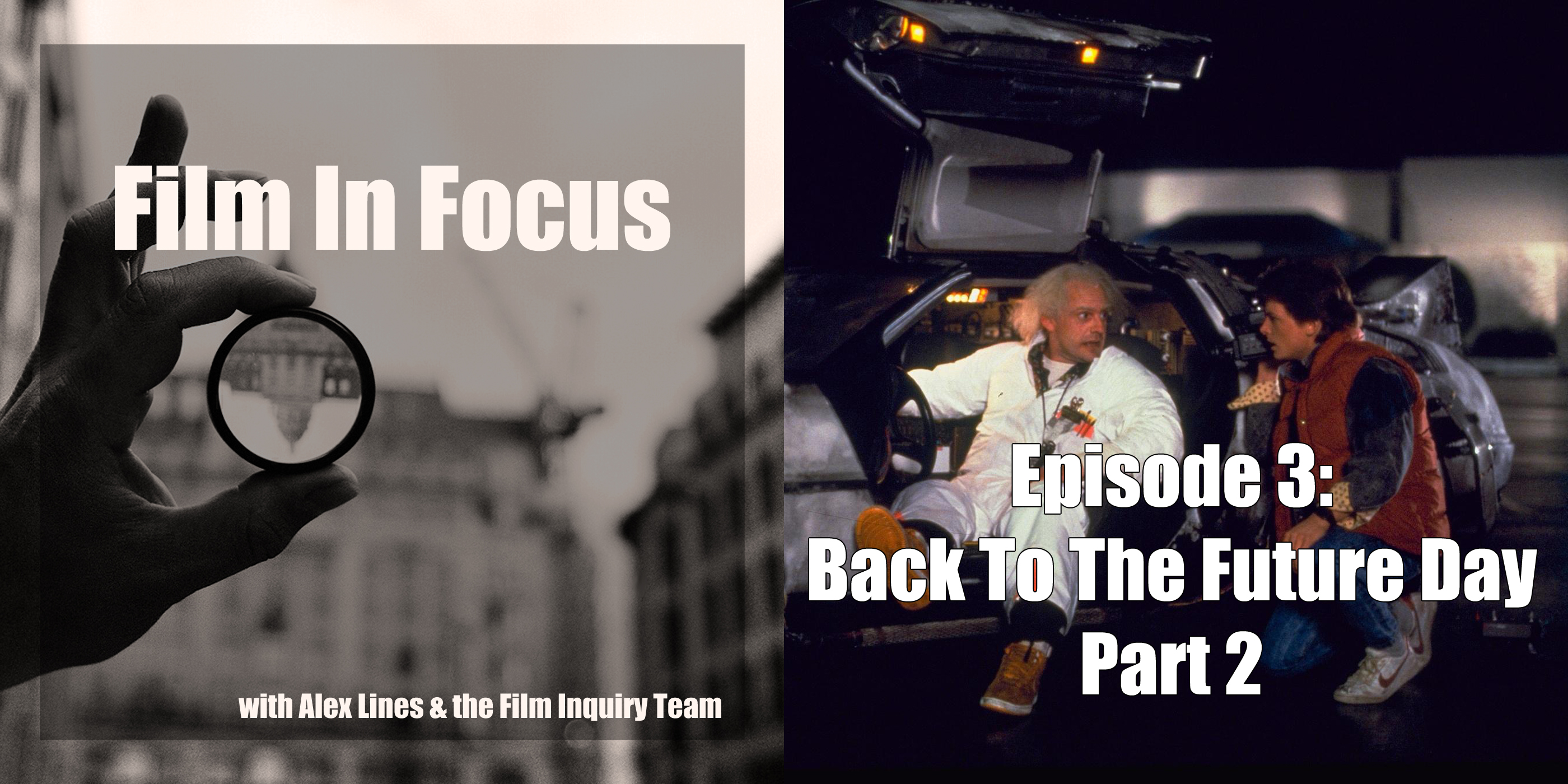
Welcome to the third episode of our monthly film podcast. Each episode features myself (Alex Lines) as I’m joined by two of our writers each month to tackle a different film and all the questions and angles that arise from breaking down these films. In last week’s episode, to celebrate the recent hullabaloo around the 30th Anniversary of the original Back to the Future film, we decided to look back at the trilogy as a whole and wonder why they are so universally loved still.
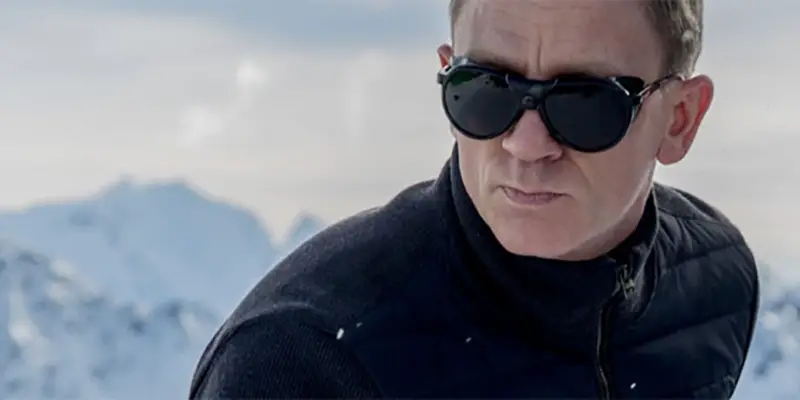
We’ve seen Bond undergo a lot of changes for over fifty years: the globe-trotting playboy whose license to kill spared no evil doer or anonymous henchman. James Bond, the catalyst of Ian Fleming’s romanticized panorama of espionage, grew from fiction novels to a film series that would become a cinematic phenomenon spanning over fifty years.


